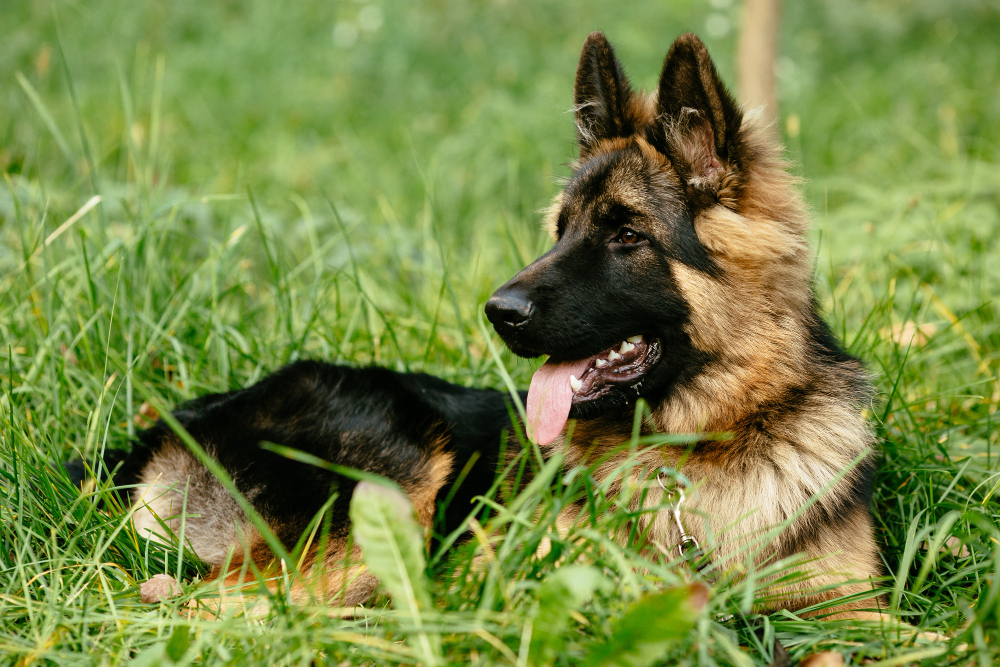Why Is My German Shepherd So Small. If your German Shepherd is small, you’re probably wondering why this is the case.
There are many factors that you should consider in order to correctly identify the cause. The most common reason could be a poor diet, lack of exercise, and insufficient caloric intake.
Why Is My German Shepherd So Small
German Shepherds are known as a breed of dogs that have vigor and strength, which is why many families with children opt for this dog breed to guard their home and protect their own four-legged members of the family. However, there are times when a dog may appear to be smaller than its counterparts or not the same size as other dogs from the same litter. In some cases, a dog owner might notice that his or her German Shepherd isn’t sitting at a healthy weight.
Causes Of Weight Loss
Weight loss in German Shepherd Dogs can be caused by a variety of factors. Nutrient deficiency, parasites, and worms are examples.
Picky eaters, metabolic problems, stress, and age are all factors that can contribute to weight loss in some circumstances.
Miniature Shepherds, or Minis, are little dogs that weigh around 20 pounds and stand approximately 7 inches tall at the shoulder for males and slightly shorter for females, unlike the German shepherd breed, which is slim and appears to be wearing makeup.
You can rest comfortably knowing that if your skinny German Shepherd has lost weight but is otherwise healthy, it can be fattened up again.
Small Amounts
When German shepherds are young, their owners frequently wonder why they are so little. This is most likely due to the dog’s owners failing to provide an adequate supply of food during the day.
Because not all dogs receive the right amount of food, they can quickly become underweight. Dog owners who do not feed their pets enough may notice that they, too, lose weight quickly and in a short period of time.
Disease In German Shepherd
Protein deficits in dogs can be caused by a variety of factors, but the most common cause is liver disease and how it impacts digestion.
It’s critical to detect the signs of protein deficiency in your pet so you can take steps to prevent it from progressing or worsening.
Nervousness, listlessness, frequent vomiting and diarrhea, as well as a loss of appetite, are all early indicators that your dog may be suffering from a protein shortage and should be seen by a veterinarian right once.
If your dog is suffering from liver illness, it may lose its appetite and vomit regularly. They frequently lose weight as a result of this.
While eating less as a result may appear to be no major matter to some, it has been scientifically proved that a lack of nutrients can contribute to future health problems.
Do All German Shepherds Grow Up?
When judged solely by height, German Shepherds are of medium to big stature. Males must be 60-65 cm tall at the withers, depending on whether they are measured from padded paws or not, while females must be 55-60 cm tall.
However, when measured from the tip of the nose to the beginning of the tail, it should be between 10 and 812, with higher numbers being preferable because they are more conforming to breed type.
When Do German Shepherds Reach Their Full Size?
A German Shepherd dog, like many large breeds, continues to grow during its early years. Male German Shepherds continue to grow until they are about 2.5 years old.
Whereas female German Shepherds are not considered fully grown until they are about a year and a half old and ready to reproduce.
